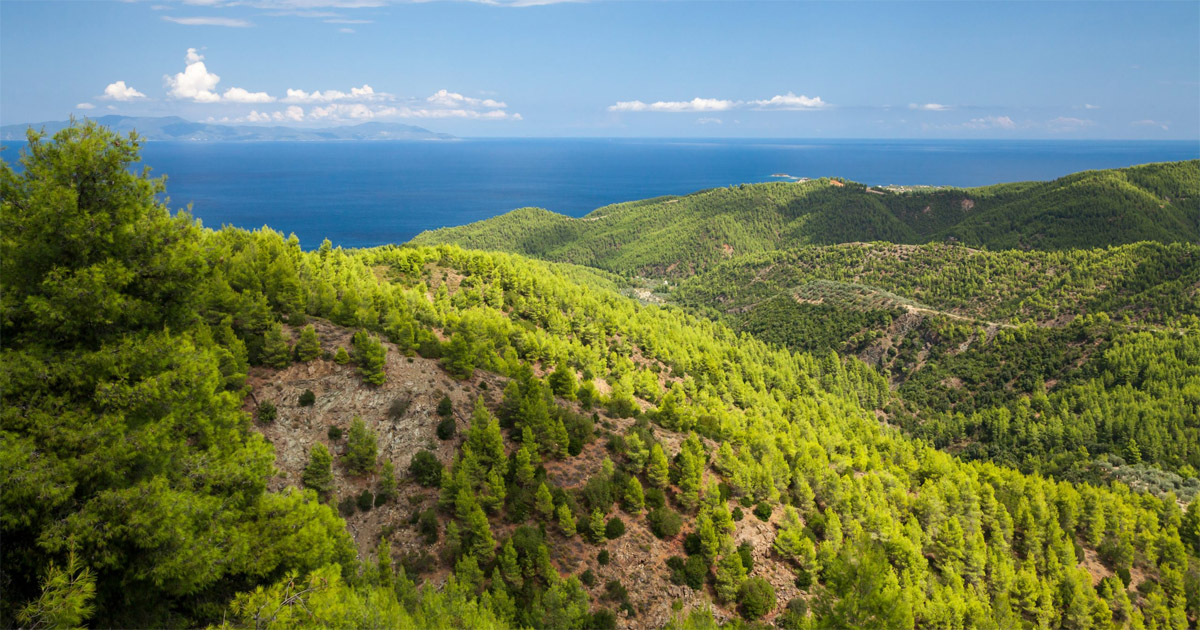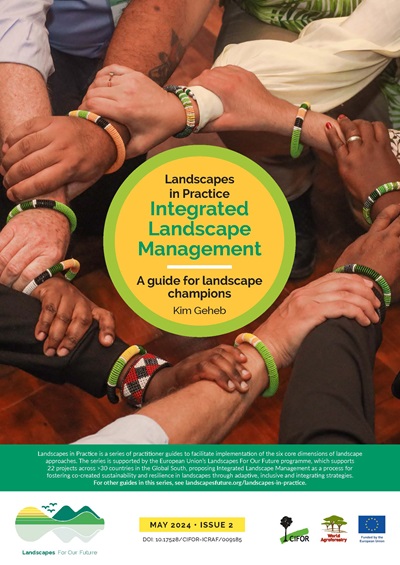Important transformations are underway in tropical landscapes in Latin America with implications for economic development and climate change. Landscape transformation is driven not only by national policies and markets, but also by global market dynamics associated with an increased role for transnational traders and investors. National and global trends affect a disparate number of social, political and economic interactions taking place at the local level, which ultimately shapes land-use and socio-economic change. This paper reviews five different trajectories of landscape change in tropical Latin America, and discusses their implications for development and conservation: (1) Market-driven growth of agribusiness; (2) expansion and modernization of traditional cattle ranching; (3) slow growth of peasant agriculture; (4) logging in production forest frontiers; and (5) resurgence of agro-extractive economies. Contrasting trade-offs between economic development and forest conservation emerge across these landscapes, calling for nuanced policy responses to manage them in the context of climate change. This discussion sets the background to assess how reduction of emissions from deforestation and forest degradation and enhancing carbon stocks (REDD+) aims should be better aligned with current landscape trajectories and associated actors to better address climate-change mitigation in forest landscapes with effective and equitable outcomes.
Download:
DOI:
https://doi.org/10.3390/f2010001
Altmetric score:
Dimensions Citation Count:

























